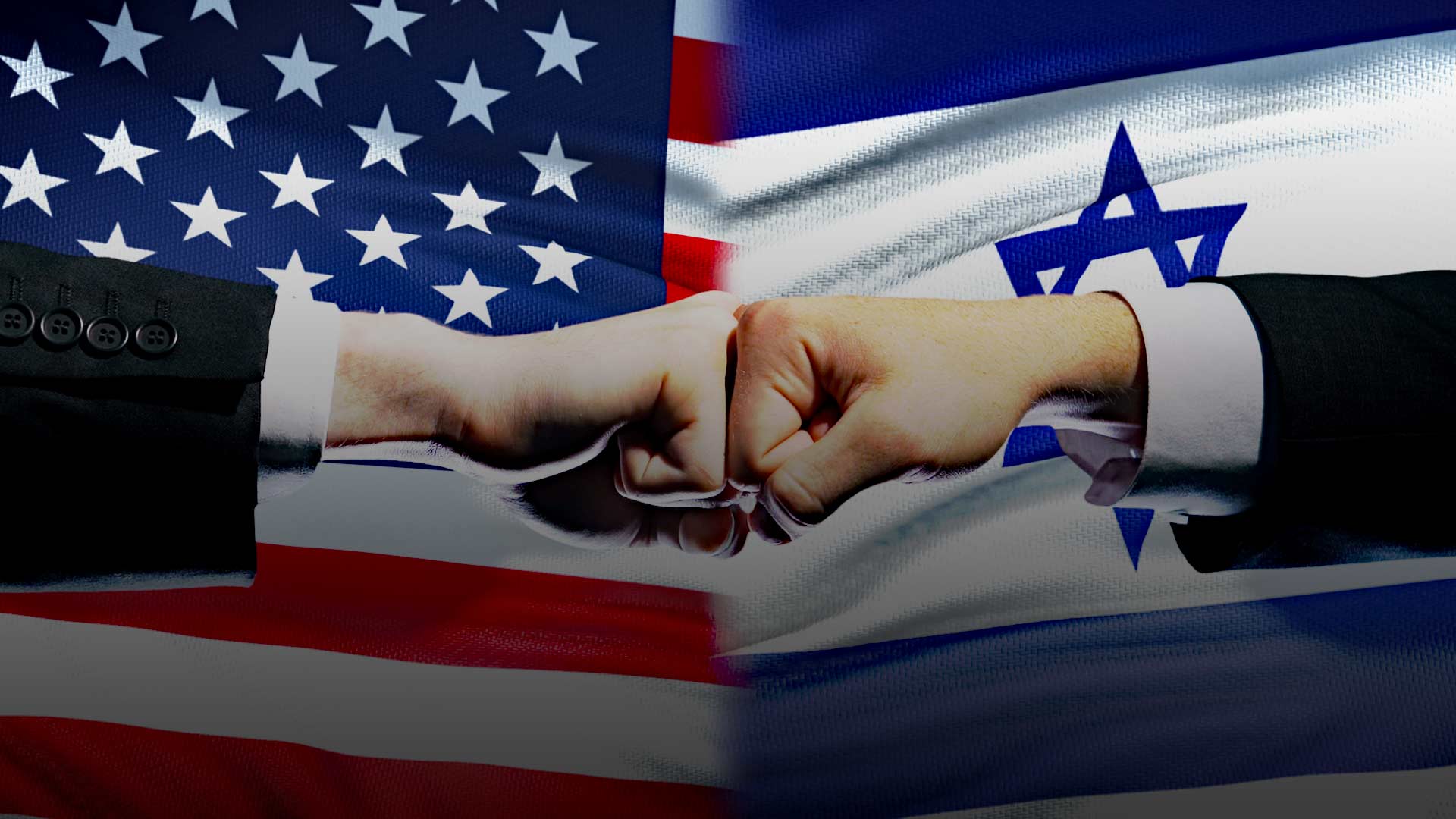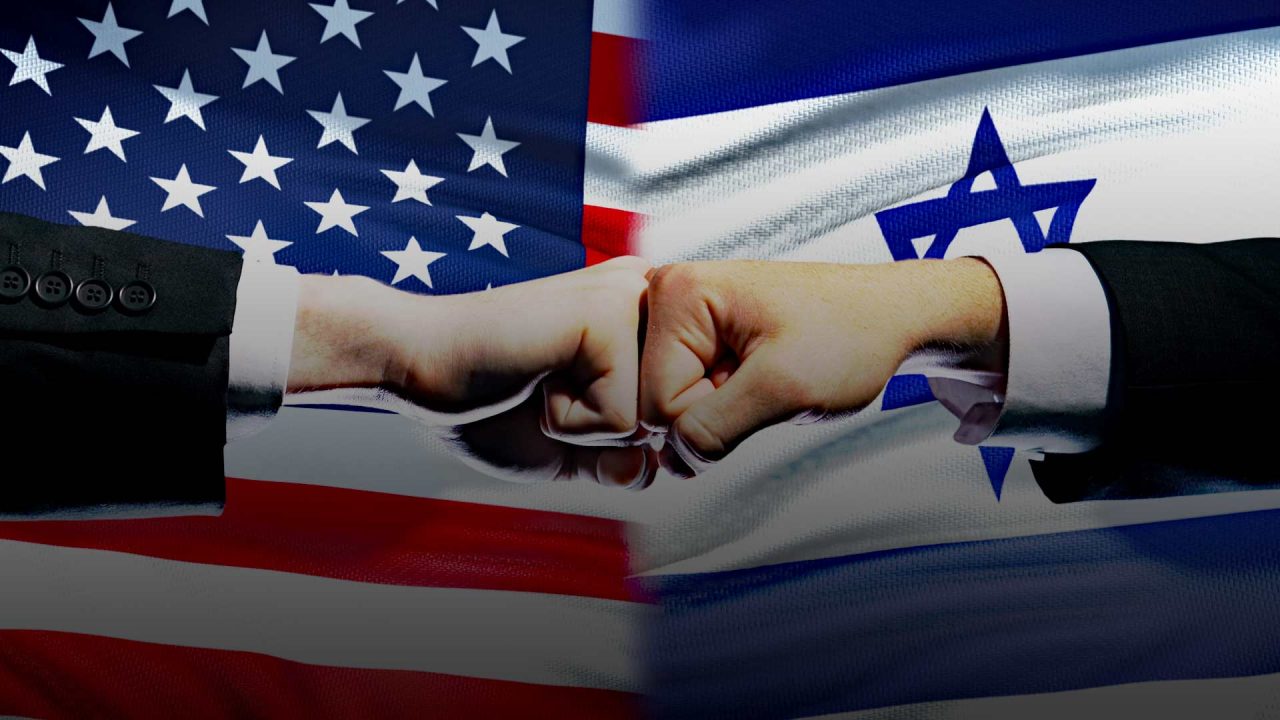
I was inspired by a well-balanced Rich Moniak’s article, “The disturbing antisemitism in defense of Hamas,” published in Juneau Empire on December 24, 2023. I would like to provide an additional factual data related to Israeli/Arab/Palestinian coexistence in the Middle East, and the United States’ historic role and relationship with Israel.
Since Israel’s creation in 1948, the United States has been an ardent supporter of the Jewish state, providing large quantities of economic and military assistance and extensive diplomatic and political support to Israel. Even today, Israel remains the largest recipient of U.S. foreign aid for military and security purposes (about $3.3 billion annually). There are several reasons why the United States has been so closely identified with Israel.
First, because of the atrocities visited upon the Jewish people by the Nazis during World War II, there has been widespread sympathy in the United States to the need for a Jewish state — a homeland where Jewish people can live without fear of domestic persecution by the repressive and anti-Semitic government.
Second, U.S. sympathy for Israel has been strengthened over the years by six major Arab/Palestinian–Israeli wars, namely: 1948-1949 (Israel’s War of Independence and the Palestinian “Nakba”/displacement), 1956 (Suez Crisis), 1967 (Six-Day War), 1973 (Yom Kippur War), 1982 (Lebanon War), 2006 (Second Lebanon War) and most recently the October 7, 2023, Gaza/Hamas terrorist attack. All these heinous wars were initiated by Arab nations.
During 1956, 1967 and 1973 wars, Arab forces were supplied and supported by the former Soviet Union during the Cold War; and during the last three wars of 1982, 2006 and 2023, Arab/Lebanon/Palestinian forces were supplied by Iran and, perhaps, other Arab nations. Therefore, Israel was often seen in the United States as an American ally in the Cold War; and today Israel is an American ally in the war against global terrorism.
Third, despite disagreements and Israel’s frequent willingness to pursue its own policies independent of the U.S. preferences, Israel has been a U.S. ally in the Middle East. Israel also frequently points out that it is the only democracy in the Middle East. The U.S.–Israeli relationship is strengthened because of this and because of the common Judeo-Christian values.
Fourth, the American Jewish community (about 6 million American citizens in the United States, or 2.2–2.4 percent of the U.S. population) has often been an extremely vocal supporter of Israel. This adds to the already-strong support within the United States for Israel by the majority of population.
This, of course, does not mean that the United States and Israel see eye-to-eye on all foreign affair issues. They do not. For example, when Israel occupied the Gaza Strip and the West Bank during the 1967 Arab–Israeli war, the United States refused to recognize Israel’s occupation as legitimate and proper.
ALASKA WATCHMAN DIRECT TO YOUR INBOX
As a result of this disagreement with the United States, all Israeli settlements in the Gaza Strip and the joint Israeli–Palestinian Erez Industrial Zone were dismantled; and 9,000 Israelis, most living in Gush Katif, were forcibly evicted by the Israel’s authority. On Sept. 12, 2005, the Israeli cabinet formally declared an end to Israeli military occupation of the Gaza Strip.
Similarly, the United States and Israel have had major disagreements over Israel’s policy of encouraging Israel citizens and new Jewish immigrants to Israel to move to and settle in the occupied West Bank. The United States has also on occasion objected to Israel’s treatment of its Palestinian and Arab peoples, who were not at that time considered citizens by Israel. Today, however, nearly two million ethnic Arabs enjoy equal rights, political participation and representation in Israel.
Despite these disagreements, the maintenance of a free and independent Israel remains a primary U.S. interest in the Middle East. Virtually everyone agrees that the United States and Israel are close friends, if not formal allies. Indeed, friends support each other’s interests and well-being.
The views expressed here are those of the author.








3 Comments
EPSTEIN HONEYPOTS AND Jonathan pollards BRIBERY.
And then there is the truth.
https://www.bitchute.com/video/xot6F5SaWX7L/
We have VP a “close relationship” because Israel virtually runs the US government. Most of Biden’s administration is Jewish and many hold dual citizenship with Israel.
No hate here, just stating truth. Look it up yourself.